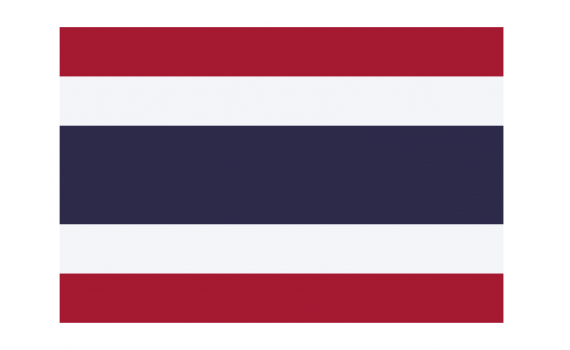
In a public consultation on Thailand’s draft copyright law, EIFL welcomed a proposed amendment that aligns existing copyright exceptions with new rights being introduced on the use of sound recordings.
Thailand is amending the Copyright Act (2022) to implement the WIPO Performances and Phonograms Treaty (WPPT). The WPPT grants performers (such as actors, singers and musicians) and producers (such as record companies) new rights over the reproduction and distribution of sound recordings (such as vinyl records, CDs and digital formats).
In our comments, we welcomed an amendment ensuring that existing exceptions in the Copyright Act for public interest uses of protected works, such as literary and artistic works, will apply equally to sound recordings.
Libraries and archives rely upon exceptions to support education, research and other public interest purposes, and it is vitally important that these provisions are kept up-to-date and in alignment whenever new exclusive rights are introduced. For sound recordings, exceptions help to ensure seamless access to important audio collections in libraries and archives, such as rare music, historical speeches and oral history for purposes such as research and study, comment and criticism and use by people with disabilities. They also safeguard institutions against the imposition of hefty licence fees that might otherwise be required for such non-commercial uses.
EIFL commends the legislator for helping to ensure coherence and consistency concerning lawful uses of protected material, whether a printed book or a sound recording. It demonstrates good law making and helps to provide legal clarity for institutional users of the copyright system (such as libraries) and individuals.
Background
To fulfill its obligations under the Regional Comprehensive Economic Partnership (RCEP), a free trade agreement among 14 ASEAN and Asia-Pacific countries, Thailand is implementing the 1996 WIPO Performances and Phonograms Treaty (WPPT). In order to implement the WPPT, Thailand is amending the Copyright Act B.E. 2537 (1994) (as amended up to Copyright Act (No. 5) B.E. 2565 (2022)).
On 16 February 2024, EIFL submitted a comment on the draft law (Copyright Act B.E. 2567 (2024)) for an online stakeholder consultation organized by the Department of Intellectual Property (DIP). The DIP set out the proposed amendments, including definitions, rights of creators and actors, fair compensation for performers, exceptions for public interest uses of protected works (EIFL’s comment in Thai, submitted via a consultation website, focused on the exceptions).
In 2019, Thailand joined the WIPO Marrakesh Treaty for persons with print disabilities, also in fulfillment of its RCEP obligations.
SHARE / PRINT









